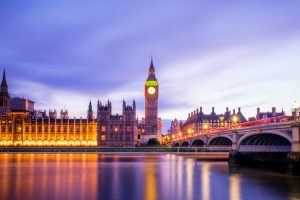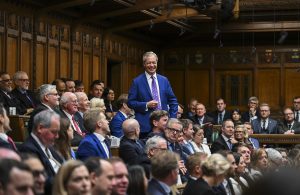The Government has published a revised set of government consultation principles. These principles give clear guidance to government departments on conducting consultations.These principles have been amended in the light of comments from the Secondary Legislation Scrutiny Committee and demonstrate the Government’s desire to engage more effectively with the public.Consultations provide an invaluable opportunity for organisations and campaigns to directly influence government policy. Departments will only consult when they have been directed to act, and so ignoring a consultation could mean stepping down from the table when policy is being drafted. A well-drafted consultation response will be clear, concise and valuable as both a line-in-the-sand and a solid position statement.The revised document sets many principles which should be welcome:
‘Consult stakeholders in a way that suits them. Charities may need more time to respond than businesses, for example. When the consultation spans all or part of holiday period, consider how this may affect consultation and take appropriate mitigating action, such as prior discussion with key interested parties or extension of the consultation deadline beyond the holiday period.’
Most charities will not have dedicated staff available to produce and analyse reams of data; equally SMEs are not likely to retain lawyers who can draft responses on deeply technical or legalistic regulations. Trade associations may struggle to collate comprehensive responses from all their members over August, compared to February for example.
‘Do not ask questions about issues on which you already have a final view.’
This is seems obvious, but breaking this rule wastes everyone’s time and potentially undermines trust in the Department’s sincerity. If you believe a consultation is being used to retroactively justify a policy, state this in the response!
‘Publish responses within 12 weeks of the consultation or provide an explanation why this is not possible.’
Perhaps most important from the perspective of a campaigning organisation, this principle ensures that the Government responds promptly. Having taken the time to submit evidence, respondees should be given full analysis of submissions received and the Government’s determined course of action. Departments must bear in mind that organisations facing new regulations or amendments to current policies will want to action organisational change as soon as practicable.
‘Do not consult for the sake of it. Ask departmental lawyers whether you have a legal duty to consult.’
This was the only slight sour note in the Government’s principles. Given the value of consultation responses, and the lack of opportunities to ensure your organisation is heard amongst the crowd of other worthy campaigns, it would be a shame to see Departments reduce the amount consultations they publish.If you would like to discuss a particular consultation that Brevia Consulting can assist your organisation with drafting, or would like to learn more about our consultation monitoring service, please contact us here.



